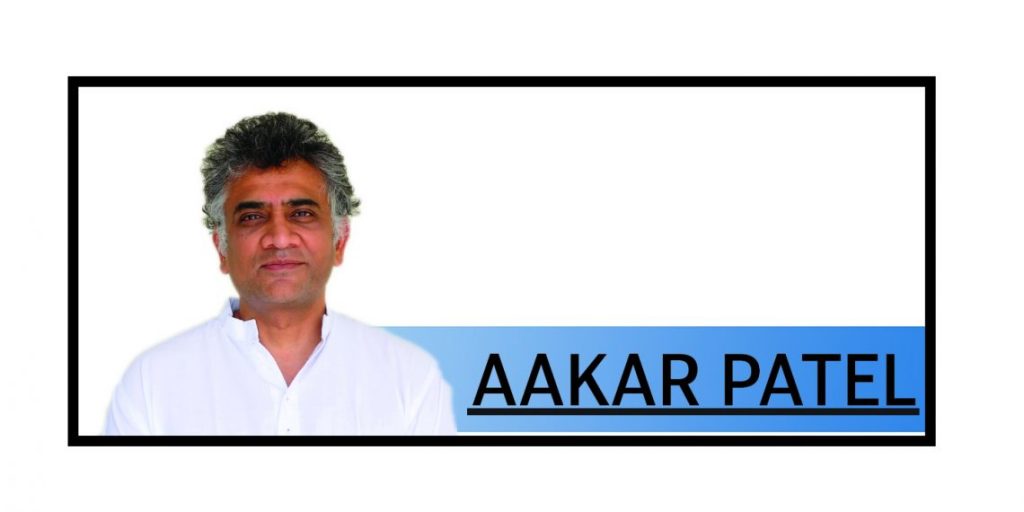While we are going to Ukraine and Poland to end violence around the world, it is instructive to see what the world is saying about violence in India. On 9 June 2022, three United Nations Special Rapporteurs wrote to the Modi government regarding our bulldozer justice. Balakrishnan Rajagopal, Fernand de Varennes and Ahmed Shaheed wrote of their concerns regarding: “forced evictions, housing and property demolitions directed against the Muslim minority communities in Khargone district of Madhya Pradesh state, in the Anand district of Gujarat state and in the Jehangirpuri locality and other locations of New Delhi. These arbitrary housing and property demolitions were allegedly ordered by local Governments arbitrarily to punish Muslim minorities and low-income communities for intercommunal conflicts between Hindus and Muslims that had broken out during and after religious processions.”
India did not reply to this letter. On 12 July 2023, the European Parliament passed a resolution on Manipur. It said that violence had left at least 120 people dead and 50,000 displaced and has destroyed over 1,700 houses, over 250 churches and several temples and schools. The resolution said that “intolerance towards religious and belief minorities, including Christians, contributes to the violence; that there had been concerns about politically motivated, divisive policies promoting Hindu majoritarianism, and about an increase in activity by militant groups”; and that the European Parliament seeks “the utmost effort to promptly halt the ongoing ethnic and religious violence, to protect all religious minorities, such as Manipur’s Christian community, and to pre-empt any further escalation.”
In response, India said this was colonial mindset and intrusion into our internal matter.
On 7 March 2024, more than two dozen United Nations human rights experts wrote to the Modi government to “sound the alarm over reports of attacks on minorities, media and civil society in India” and they called for “urgent corrective action.” They said: “We are alarmed by continuing reports of attacks on religious, racial and ethnic minorities, on women and girls on intersecting grounds, and on civil society, including human rights defenders and the media.” India did not respond to this (India does not respond to the United Nations though we are keen to be given a seat on its security council).
Let us go further back. On 13 June 2021, the Group of Seven nations, which are advanced economies and liberal democracies, put out a sort of charter. The document was called the G7 and Guest Countries: 2021 Open Societies Statement. The G7 are the US, UK, Canada, France, Germany, Japan and Italy plus the European Union and the guest nations invited this time to the G7 meet were South Korea, India, South Africa and Australia.
The document says that all these nations reaffirm their shared belief in open societies, through democratic values and that they would embrace and encourage others to embrace these eight values, which are listed out. The first is human rights, both online and offline. The second is democracy, including “everyone’s right to assemble, organise and associate peacefully, within a system of accountable and transparent governance.”
The third is social inclusion, and “full enjoyment of civil and political rights in both physical and digital spheres.” Fourth is gender equality. Fifth is freedom of expression, “both online and offline.” Sixth is rule of law and independent and impartial judicial system. Seventh is a multilateral system with free and fair trade and global collaboration. Eighth is the “importance of civic space and partnership with diverse, independent and pluralistic civil societies, including human rights defenders, in promoting human rights and fundamental freedoms.” These eight apparently were “founding values” which “define our inclusive way of life.” They would be promoted by the G7 and guest nations through the following eight steps:
First, “protecting civic space and media freedom, promoting freedom of expression, freedom of assembly and association, and freedom of religion or belief, and by tackling all forms of discrimination.”
Second, “to exchange information and coordinate effective responses to shared threats to human rights, democracy and the rule of law, such as disinformation and arbitrary detention.”
Third, to promote economic openness “reasserting our shared economic model which is founded on open markets.”
Fourth, to prevent and tackle corruption. Fifth, to protect the digital civic-space respecting human rights. Sixth, to prioritise gender equality and inclusion. Seventh, to collaborate on science. Eighth, to promote sustainable development goals, specifically to “promote just, peaceful and inclusive societies.”
The G7 and its guests said they would build on these commitments in other multilateral fora. A few points arise from this development. Indian governments generally speaking and this government in particular are hostile to most of the things on the list. The Prime Minister signed the statement and spoke in favour of the Open Societies charter saying India was a natural ally. Perhaps we are, but the problem is that we cannot be signing these things and then doing the sort of actions that we do at home. Because if we do them, we will have to hear from the United Nations and the European Parliament. And even they are not the only ones.
The US Congress (on Kashmir), the United States Commission on International Religious Freedom (on the so called ‘love jihad’ laws in various BJP states) and the US State Department (on various atrocities against minorities) have been vocal on India in this same period. For us to have basic credibility as a global leader wanting violence stopped elsewhere, we should first look at and acknowledge what we have done to ourselves. To not do so opens us to the accusation of rank hypocrisy and also reduces the stature of our globetrotting peaceniks.
Aakar Patel
